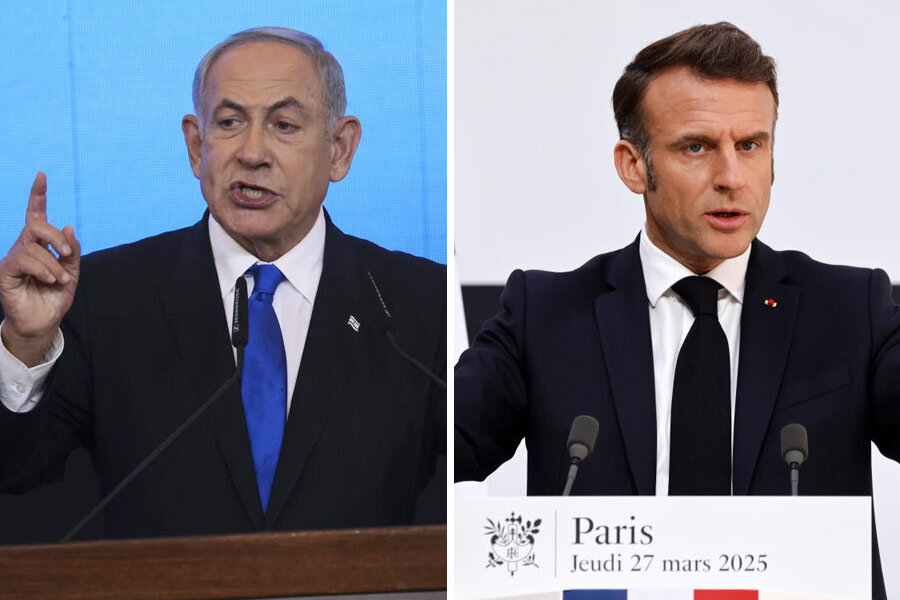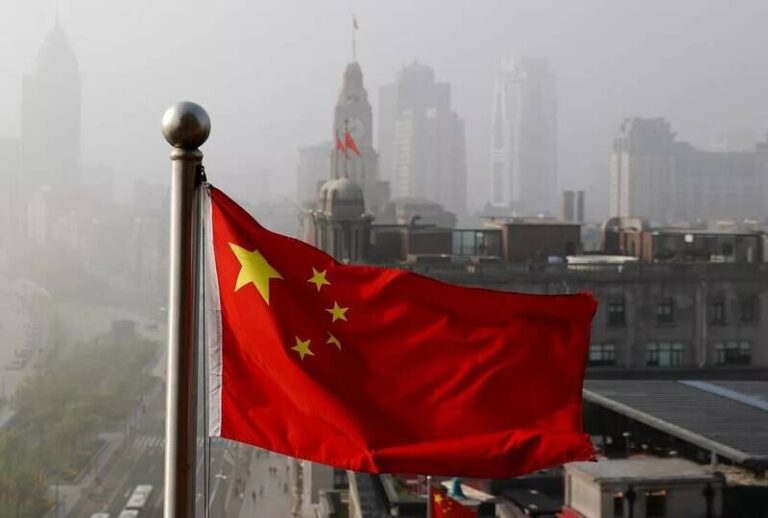Israel Revokes Visas for 27 French Left-Wing Lawmakers Before Controversial Visit
The recent cancellation of visas for French lawmakers highlights the ongoing tensions surrounding Israel and its diplomatic relations. Just two days before their scheduled visit to Israel and the occupied Palestinian territories, the Israeli regime decided to revoke the visas of 27 left-wing French lawmakers and local officials. This incident coincides with the Israeli government’s refusal of entry to two British members of parliament from the Labour Party, further illustrating the escalating diplomatic strains.
This move by Israel comes shortly after French President Emmanuel Macron announced intentions for France to recognize a Palestinian state. Macron has been vocal in pressing Israeli Prime Minister Benjamin Netanyahu regarding the dire humanitarian conditions in Gaza amid the ongoing Israel-Hamas war. The situation is increasingly complicated, with both political and humanitarian concerns at the forefront.
According to Israel’s interior ministry, the cancellation of the visas for these 27 officials was executed under a specific law that permits the government to deny entry to individuals deemed a potential threat to the state. This legal framework has often been employed to prevent entry to individuals or groups that are critical of Israeli policies.
The diplomatic fallout from these actions raises several important points:
- Increased Tensions: The cancellation of visas reflects heightened tensions between Israel and various European nations, particularly as discussions around Palestinian statehood gain momentum.
- Humanitarian Concerns: President Macron’s emphasis on the humanitarian crisis in Gaza underscores the urgency of international intervention and dialogue.
- Political Implications: The actions taken by the Israeli government may have broader implications for its relationships with European nations, particularly those advocating for Palestinian rights.
In recent years, the landscape surrounding Israeli and Palestinian relations has become increasingly fraught with challenges. The dynamics of international diplomacy have changed dramatically, especially as more countries express their support for Palestinian statehood. France’s potential recognition of Palestine stands as a significant movement in this evolving narrative.
As part of this geopolitical landscape, the Israeli government has often responded to perceived threats with strict measures. The decision to cancel the visas of French lawmakers is indicative of Israel’s approach to dealing with international scrutiny and criticism. By restricting access to those who may voice dissent, Israel aims to maintain control over the narrative surrounding its policies and actions in the region.
Furthermore, the response from the French government and the broader European Union will be crucial in shaping future diplomatic engagements. The implications of Israel’s actions could lead to a reevaluation of how European nations interact with Israel, particularly in contexts where human rights and humanitarian issues are at stake.
In light of these developments, it is essential for international observers and policymakers to closely monitor the situation. The following factors should be considered:
- The Role of International Law: Understanding how international law applies to the situation in Gaza and the broader Israeli-Palestinian conflict is critical for informed diplomacy.
- The Impact of Public Opinion: As public sentiment shifts in favor of Palestinian rights, governments may feel pressured to adopt more proactive stances.
- Future Diplomatic Relations: The way Israel handles diplomatic visits from European officials could set precedents for future interactions.
As the situation unfolds, it will be important to assess the responses from both sides. Will Israel continue to take a hardline approach, or will there be room for dialogue and negotiation? The outcome of these dynamics could significantly shape the future of the Israeli-Palestinian conflict and the broader geopolitical landscape.
In conclusion, the cancellation of visas for the French lawmakers serves as a poignant reminder of the complexities involved in international relations concerning Israel and Palestine. The intersection of politics, humanitarian issues, and international law will continue to be at the forefront of discussions, necessitating ongoing engagement from global leaders and organizations.






